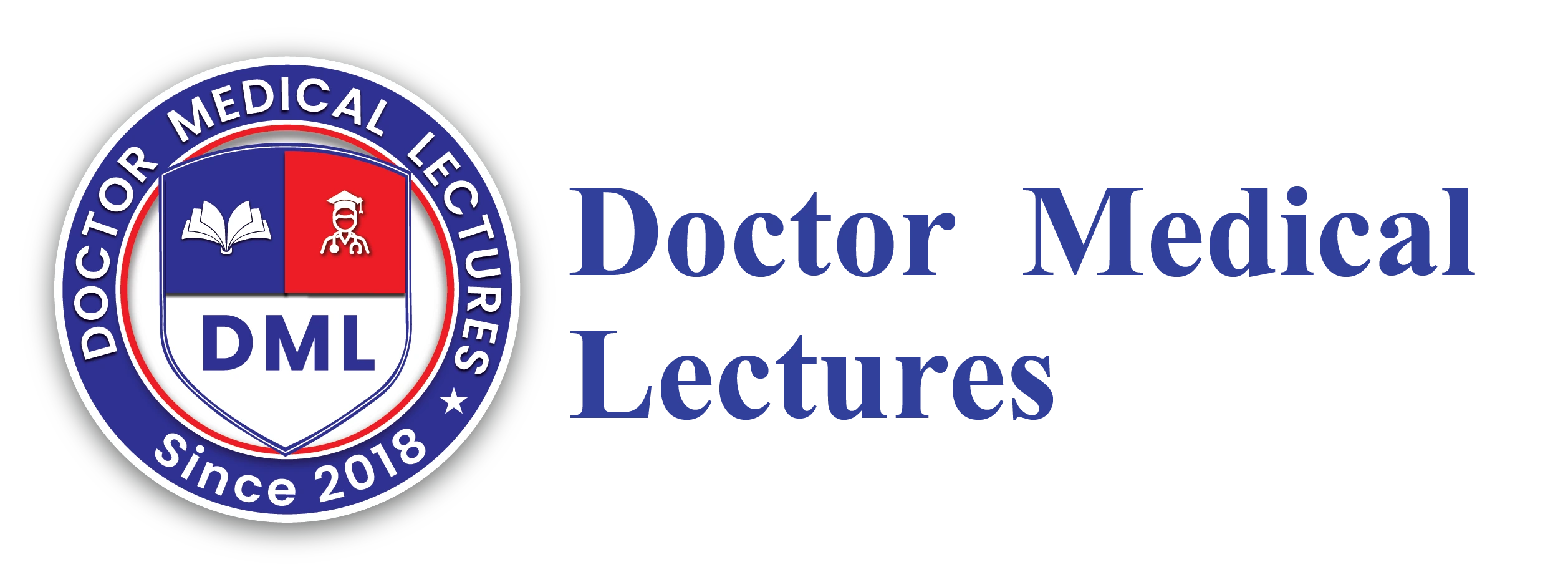Introduction
It is the NRE Step 1 exam is a crucial step in nurse’s professional career. It proves that you’ve learned the essentials of nursing and is now ready to go towards further advanced training in clinical. The fact is that passing the step 1 is just the start of your This article gives a thorough and organized guide;Consequently, the article explains how you can prepare for the next step, apply for licensure, and begin your nursing career.

1. Recognizing the Significance of NRE Step 1
NRE Step 1 isn’t simply a writing test, but the test that validates the depth of your education and capacity to satisfy National standards in nursing. This test covers the most fundamental aspects of nursing such as human anatomy. pharmacology the mechanisms of disease, as well as assessments of health, all that are essential to actual nursing practice. This test confirms your preparation for the experiential and practical aspects of nursing, which the next step covers
Emotional and Professional Milestone
It’s essential to be able to feel proud of both your mind and the achievement. When you achieve success at the national scale is an important event and is a reason to be happy. It is important to take some time to reflect on your achievements and the determination it took to reach this point. This can aid in focusing and reinforcing your commitment to tackle the difficulties that lie before you in the next step of your life.
Organizing Your Results and Documents
This is the perfect moment to secure the academic documents you have such as Step 1’s result, as well as any letters or emails from your nursing board. The documents you need will be needed at the time of the step 2 licensing and registration Keep both your physically and electronically safe in a protected place.
2. Preparing Strategically for NRE Step 2
This Step 2 exam is centered upon real-life scenarios in the field. The test tests your ability to make decisions as well as your ability to determine the best course of action, as well as the knowledge you have of a patient centered approach to practice. As opposed to Step 1, step 2 concentrates less on theories and more on skills including interpreting. The symptoms of a patient and managing medical emergencies and adhering to ethical protocol. It is necessary be able to apply your textbook knowledge for complex cases of patients, that requires different types of training.
Building a Study Schedule That Works
When you’ve understood the purpose of Step 2, the following obvious step is to develop an outline of the study plan. A successful schedule will include the right mixture of study as well as clinical simulations and examinations that simulate. The majority of students commit 2 to four months of solid study. It is important to remain constant, employ strategies for active recall as well as study in a setting which replicates the real world clinical environment.
Choosing the Right Study Resources
In the second step For Step 2, textbooks alone will not be sufficient. There are always new cases, clinical manuals compilations, video tutorials and mobile apps with regular clinical situations. Learning platforms that practice can recreate actual nursing scenarios and provide immediate feedback. This greatly improves your performance during the exam.
3. Applying for the NRE Step 2 Exam
Before you apply, be sure that you have all the requirements. A majority of boards need you to submit your step 1 outcome, the completion of the clinical experience, and the academic qualifications of an accredited nursing school. If you have completed your clinical time and aren’t yet complete you should consult with your board regarding the possibility of a provisional qualification.
Requesting and Using the ATT Letter
If your paperwork is verified and you’re issued the Authorization to Test (ATT) letter. This ATT letter is vital because it lets you decide the day for your Step 2 test. The letter includes your applicant’s name, number, time of the exam and information about the test center. Take the time to thoroughly read the letter and keep a copy for your own records.
Booking the Exam Date
When you receive your ATT letters Select an exam date which gives you ample time to review but is within the timeframe that the letter carries. An early booking allows you to have more control over the venue and timing, which can help reduce exam day anxiety and assisting you to mentally get ready.

4. Gaining Clinical Experience Before Step 2
It is important to learn, hands-on experience are essential to making sure you are ready to take the next step. In a hospital or in a clinic will allow patients to witness real life processes, as well as learn how nurses make decisions, and build confidence when managing patients. It helps bridge the gap between theoretical knowledge and practice, making Step 2 preparation more realistic. Step 2 preparation more realistic.
Clinical Internships and Volunteering
If you’re not employed, you could look into a job in the clinical field or at nearby health clinics. It will give you a well-structured knowledge of the nursing profession and will help you get more proficient in working in a team, as well as documenting medical information and interacting with patients. Participation in part-time hours can be of immense value for your understanding as well as your knowledge.
Learning Through Observation and Simulation
Participating in simulation labs and virtual clinical platforms will also help to improve your thinking about clinical issues. By watching case based videos, participating in sessions, and watching the senior nurses at work will improve your ability to think quickly and help your brain to work quickly under pressure. This is a vital skill to succeed in Step 2 and beyond.
5. Applying for Your Professional Nursing License
Once you’ve completed Step 2, you can apply for a complete nursing license. The licensing board will need the steps 1 as well as Step 2 result. The transcript from your nursing school as well as proof of clinical internship along with a valid identification. Take the time to go through the checklist supplied by the board to be sure you have everything in order.
Undergoing a Background Check
The majority of jurisdictions require a background check to verify that the applicant is in compliance with ethical and professional standard. It could involve providing fingerprints as well as answering any questions regarding previous legal problems. Transparency and honesty are crucial in this phase.
Paying Licensing Fees and Tracking Your Application
The last step of the application process involves paying the licensing fee. This differs by location. After payment has been made it is possible to monitor your status on the online portal of the board. It can take up to a couple of weeks for you to get your license in person or through mail according to your place of residence.
6. Launching Your Nursing Career or Pursuing Specialization
Once your license is approved You’re in the right position to begin your nursing job. The next step is to begin applying for jobs at hospitals or clinics, rehabilitation facilities, and nursing residences. Concentrate on entry-level jobs including general ward nurses or emergency room nurse and community health nurses, to get experience.
Exploring Career Specializations
As you earn experience in the field, you may discover that there is a need for specific nursing professions. Some of the most sought-after specialties include neonatal nurses and surgical nurse, along with oncology as well as the area of mental health. Each specialty requires additional certifications or degrees. They offer higher pay and have distinct duties within healthcare facilities.
Staying Committed to Continuous Education
After you’ve been licensed as a nurse, your education stops. There are some boards that require nurses to complete in Continuing Medical Education (CME) credits annually. Attending workshops, taking online courses, or joining nursing organizations maintain your expertise and help you grow professionally.
Conclusion
The NRE step 1 is an impressive achievement which opens the way for you to pursue a nursing career with success. This is just the start of your career. When you create a well-structured plan to complete Step 2, gain clinical experience, and obtain licensure, you position yourself to successfully transition into the nursing profession. Whether you pursue general practice or choose to specialize, staying proactive and focused will help you build a rewarding and highly respected career in healthcare.
FAQs
Q1. What is the length of time that an NRE Step 1 results in effect?
The Step 1 results can be valid for up to 2 years. It is essential to complete Step 2 and submit your application for licensure by the deadline so that you do not need to take the exam again.
Q2. Do you need to have clinical experience prior to the second step?
Absolutely it is generally. It will ensure that you’ve got an understanding of the patient’s needs that is essential to pass the Step 2 test.
Q3. What is the procedure if I fail Step 2 after completing Step 1?
If you fail NRE Step 2, you will be required to retake it. However, your Step 1 result will remain valid as long as it has not expired.
Q4. Do I have to start work once I have passed Step 1.
Call the exam authority or your nursing board to request a duplicate of the results or a digital copy.
